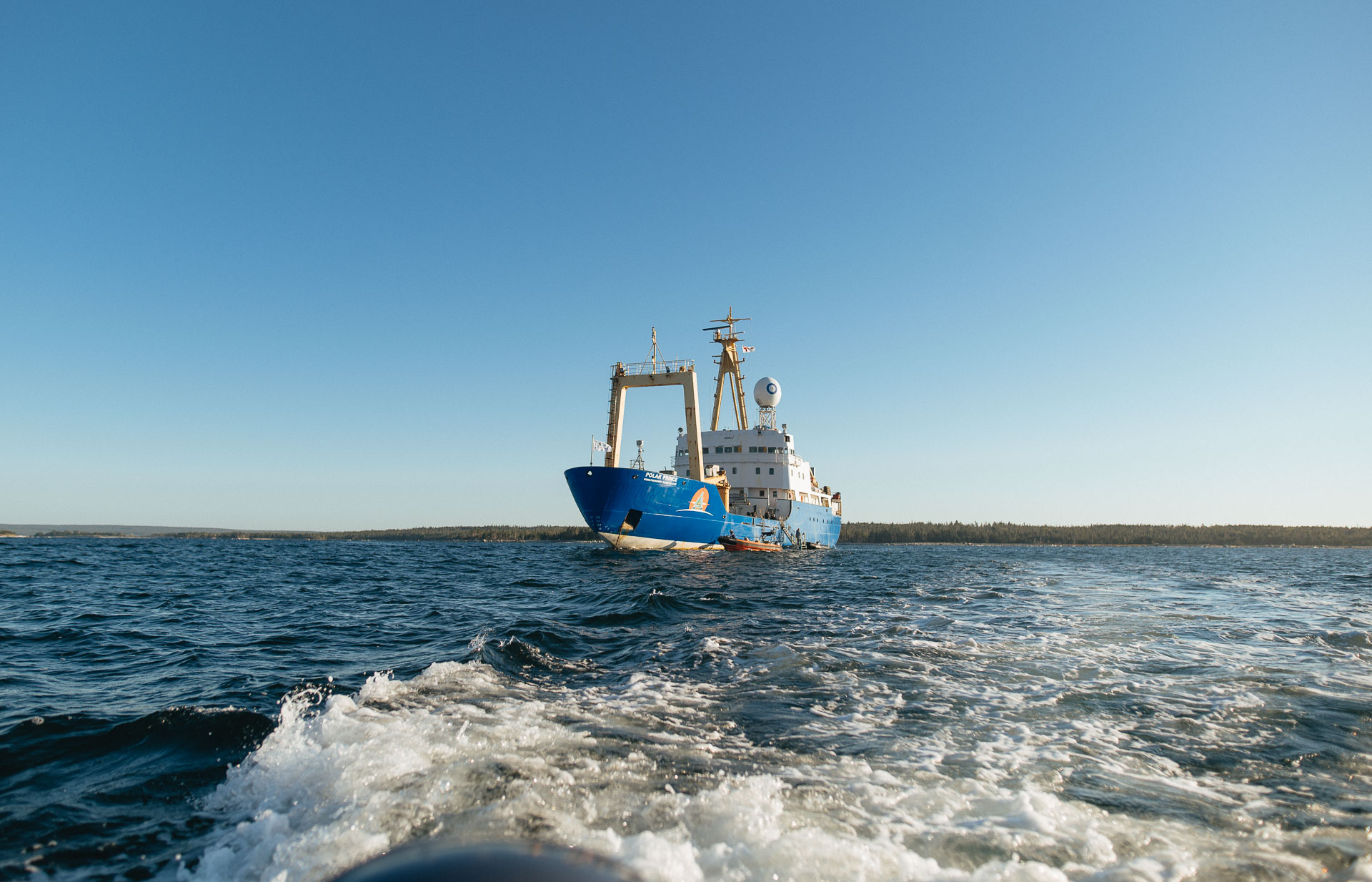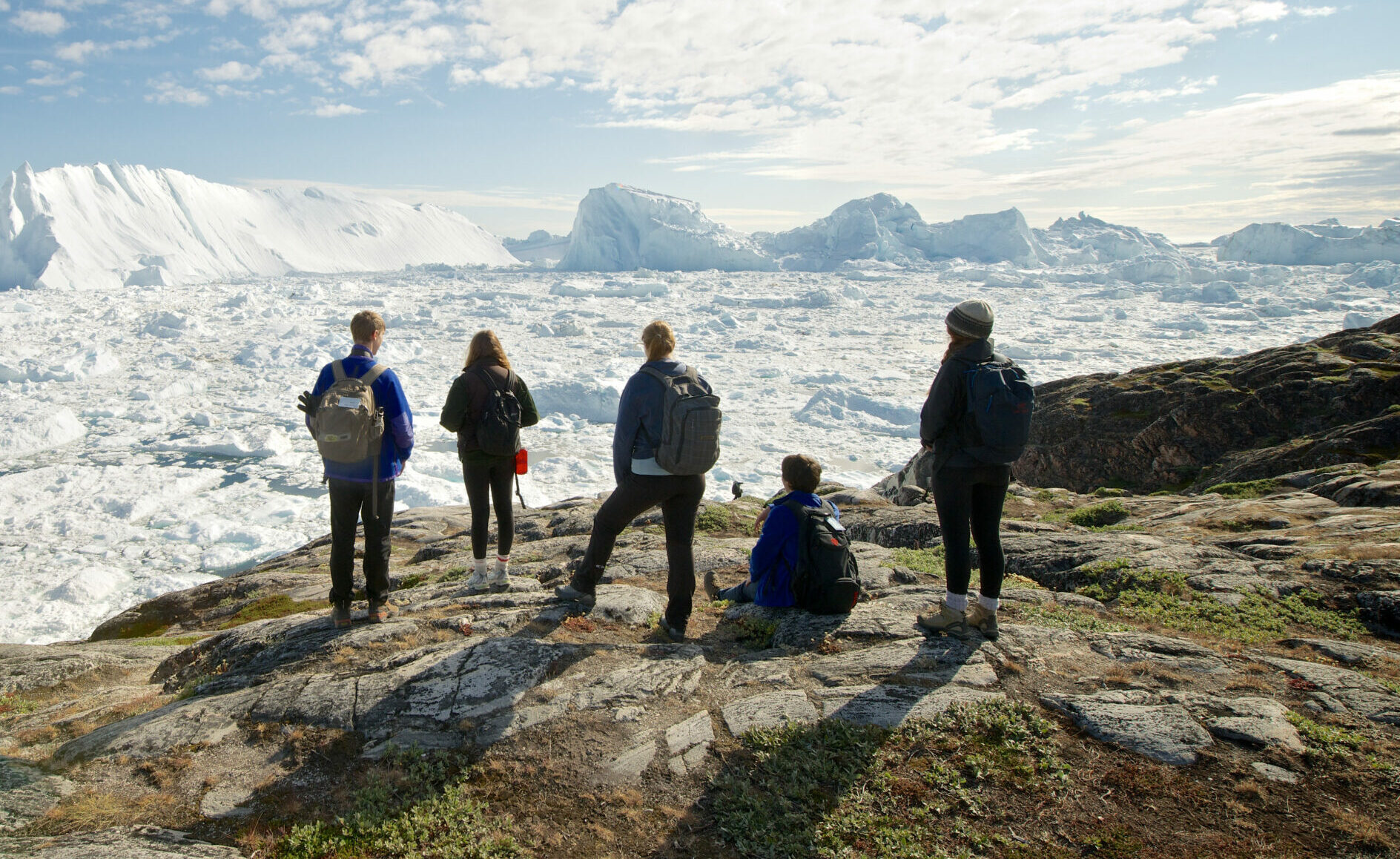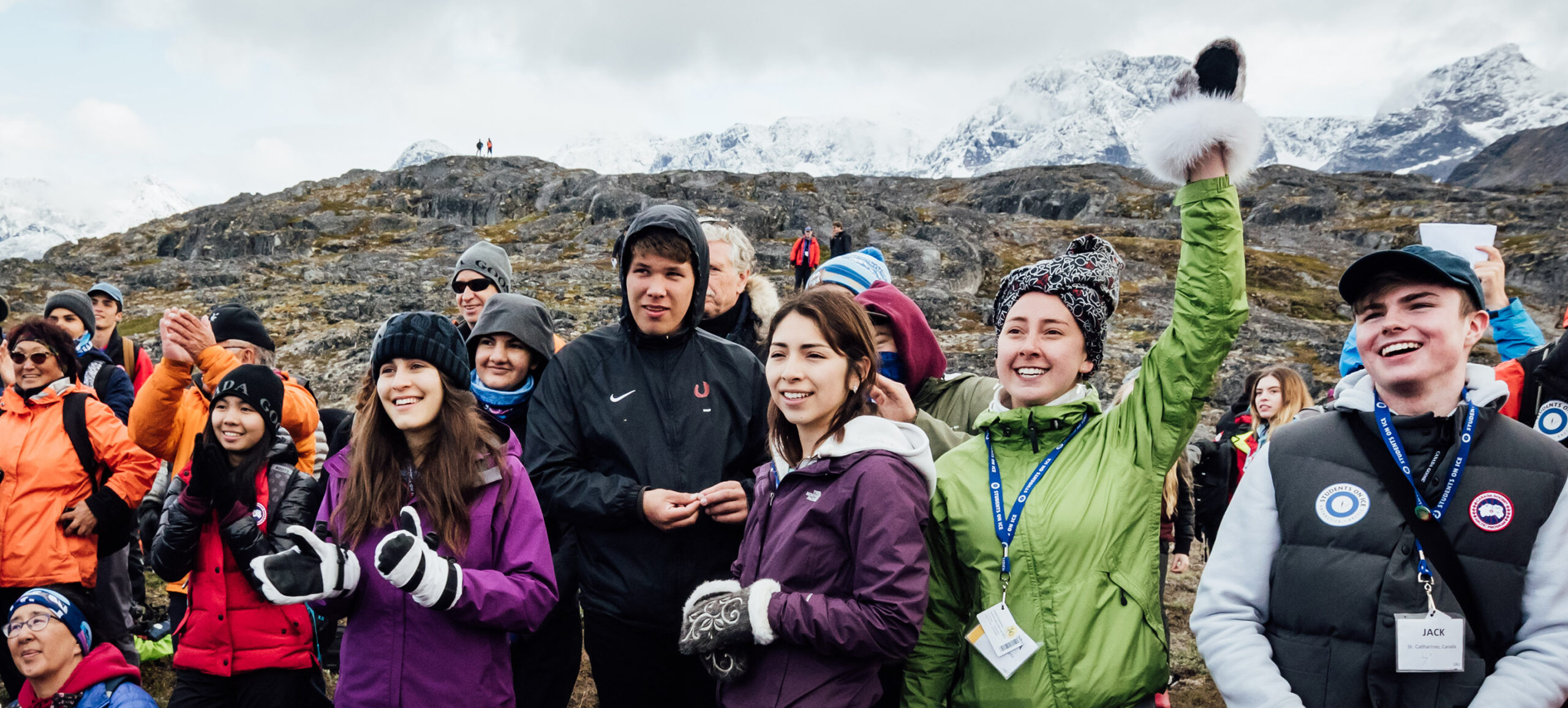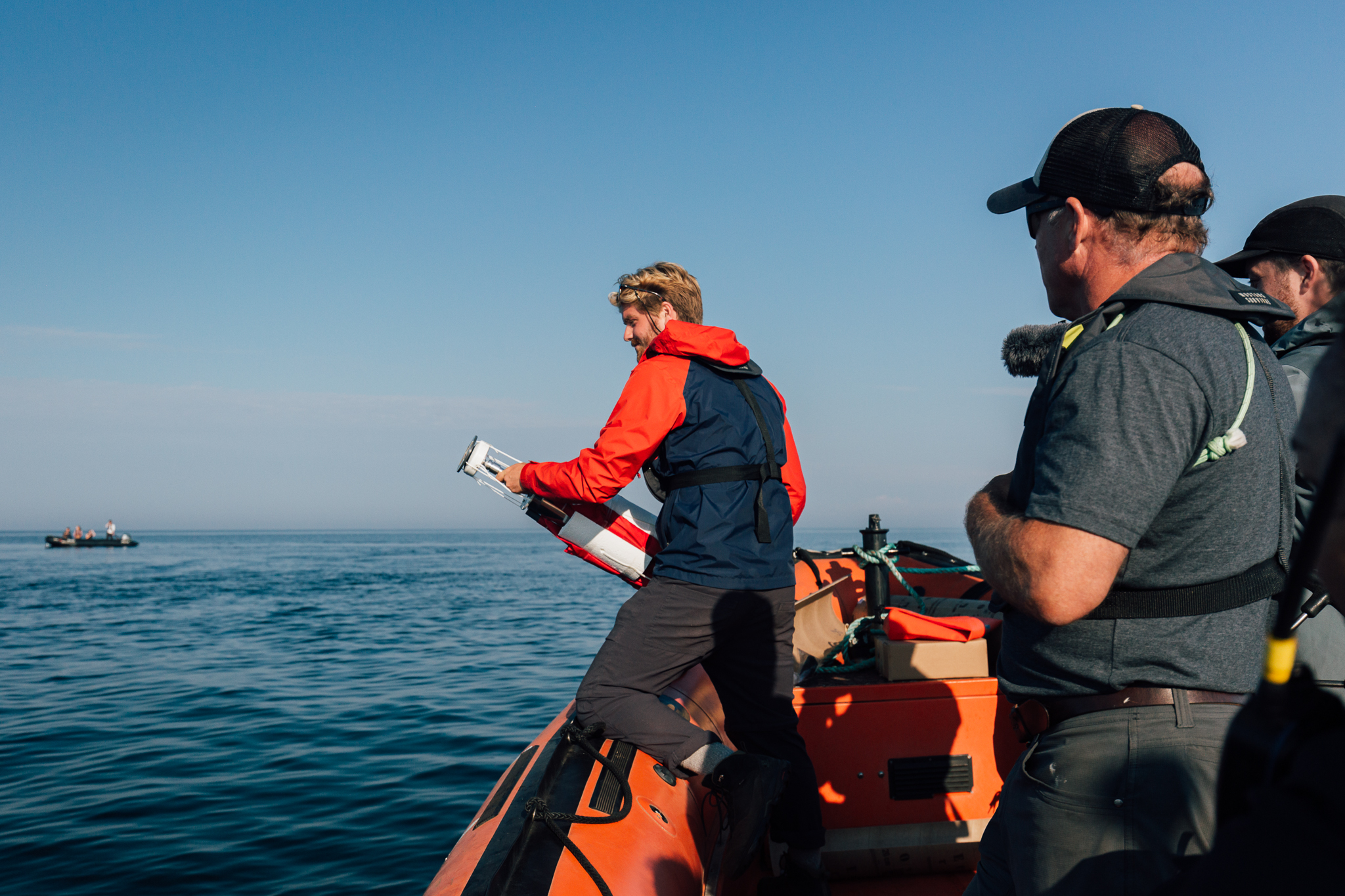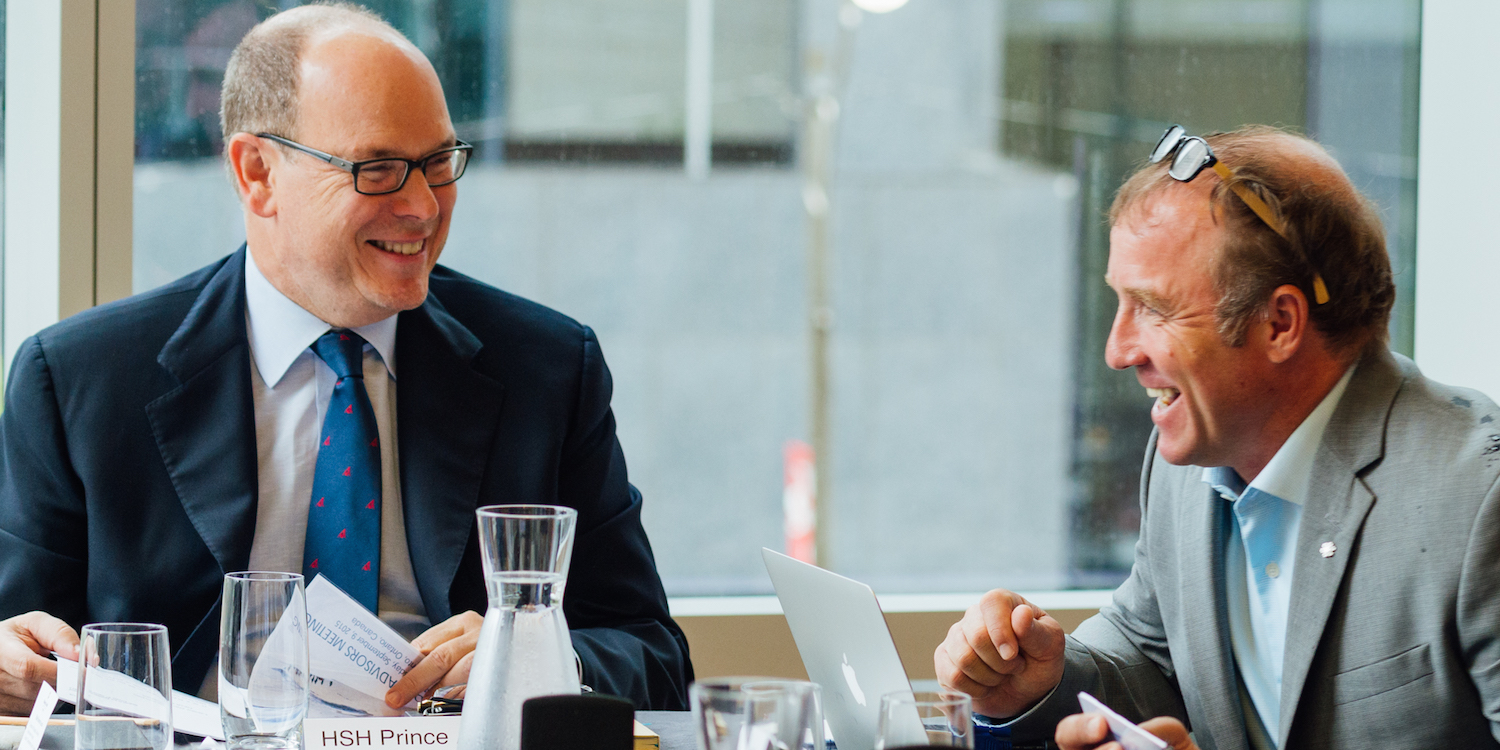Arctic Encounter: Reflective Blog – Justin Langan
Before attending the Arctic Encounter Symposium 2023, I have never had the opportunity to visit the northern territories or Alaska. While I have been deeply educated on Northern Affairs and Arctic Policy, I had yet to experience actual Arctic society, so there was immense excitement, anticipation, and slight nervousness in attending.
I come from the rural community of Swan River, Manitoba, where I was raised, although I was born in Winnipeg, Manitoba. Swan River is a unique community in the middle of the Swan Valley between the Duck and Porcupine Mountains. It is, at its heart, an agricultural community. Yet, many aspects of the town make it different from any other prairie town, with one being the Indigenous population I am a part of.
Our home is located just outside of the town, allowing us to explore the bush and become one with nature. Growing up, I was educated on many matters of ecosystems and environmentalism through the teachings of my father. He would take me and my twin brother hunting and trapping, making us aware of the land. These teachings have always stayed with me and contributed to my tireless advocacy to protect and fight for our Indigenous lands.

The Arctic Encounter Symposium was an interdisciplinary conference that brought together experts, policymakers, and community members to discuss the impacts of climate change on the Arctic region. The symposium was held in Alaska, a state that is home to many Indigenous communities and particularly vulnerable to climate change’s effects.
Arriving in Anchorage, I felt the difference in the environment, the air, and the spirits – it was a fascinating experience. Even better was meeting my peers over breakfast and walking to a Youth event held by Arctic Youth Leaders. Seeing the rawness and maturity of these youth leaders who always have their communities in their hearts was eye-opening. As an Indigenous Youth Leader, it’s always inspiring and wonderful to be educated on activism in different areas.
One of the key themes of the symposium was the importance of preserving Indigenous culture in the face of environmental change. Indigenous communities in the Arctic have been living in harmony with the land and the environment for thousands of years. They have developed unique knowledge and practices that have enabled them to adapt to the region’s extreme conditions.
However, the rapid changes brought about by climate change threaten these communities and their way of life. The melting of sea ice, changes in migration patterns of animals, and the erosion of traditional hunting and fishing grounds are just some of the challenges Indigenous communities face in the north.
The symposium highlighted the importance of recognizing and preserving Indigenous knowledge and practices. This includes traditional ecological knowledge (TEK), which refers to the knowledge and techniques developed by Indigenous communities over generations to manage natural resources and adapt to changing conditions.
TEK can provide valuable insights into the impacts of climate change on the Arctic environment and help guide conservation efforts. It is also a vital part of Indigenous culture and identity, and its preservation is essential for the well-being of Indigenous communities.
Preserving Indigenous culture in the north is essential not just for the communities themselves but also for the wider world. Indigenous knowledge and practices can provide valuable insights into sustainable resource management, conservation, and climate adaptation that can benefit humanity.

On our last full day in Anchorage, we ventured northward to walk together on a glacier. Before this tour, I must admit, I had never thought so deeply about ice, but being educated by the guides has opened my eyes to the evolving nature and cycle of ice and how it shapes the earth we walk on. The surroundings were absolutely stunning. You know you are in a particularly special place when everywhere you look is picturesque. One of my favourite moments was having the opportunity to drink authentic glacier water. The taste could be clearer to properly articulate, however, the feelings when consuming said water was absolutely profound. It’s an experience that I will remember forever as an Indigenous person.
On my plane ride back to Winnipeg, I had time to reflect on how this journey changed or altered me. The changes I went through are much more profound than I had previously thought. I was educated on specific matters of Arctic life, society, and policy while being inspired and reflecting on the wise words spoken by Arctic Elders and Youth. As an Indigenous Youth Leader from the prairies, I will take back the profound lessons, teachings, and wisdom that I have learned to better my own communities and alter the trajectory of policies that damage Arctic communities.
It has been a pleasure to meet everyone along the way, and I am sure we will all cross paths again someday and fight to better the Arctic, and the planet, for generations to come.
